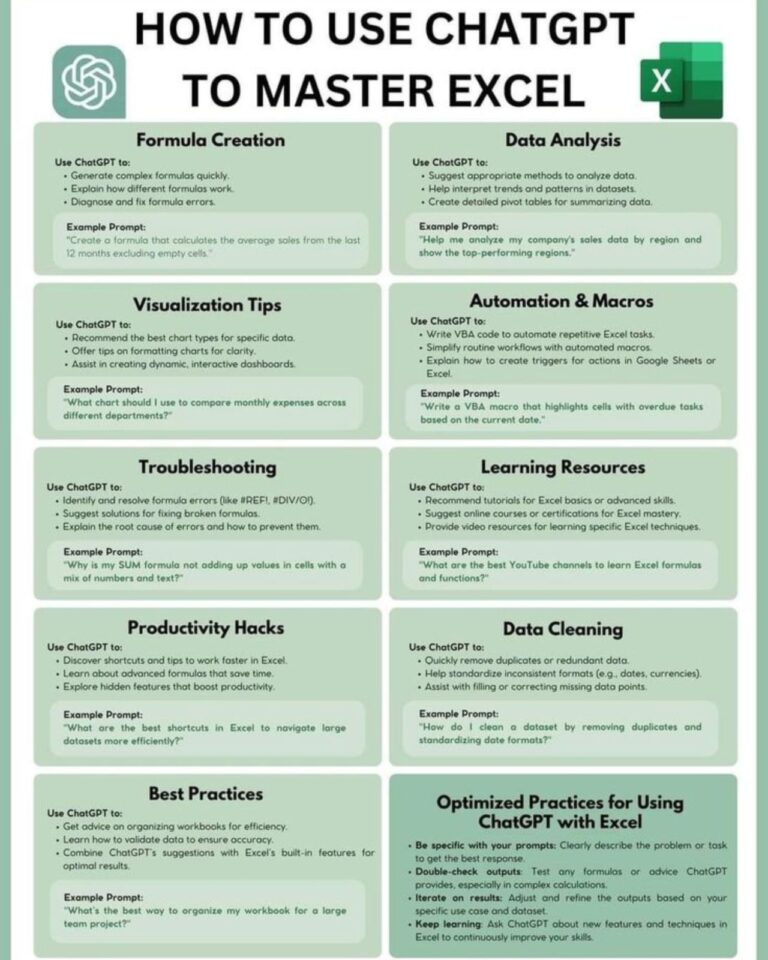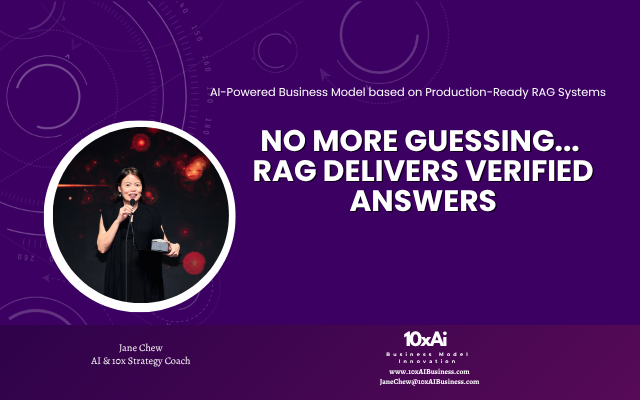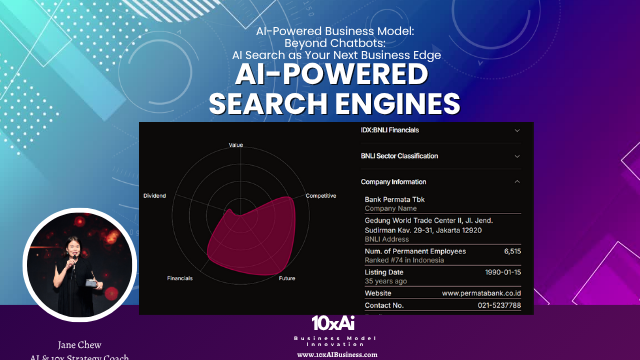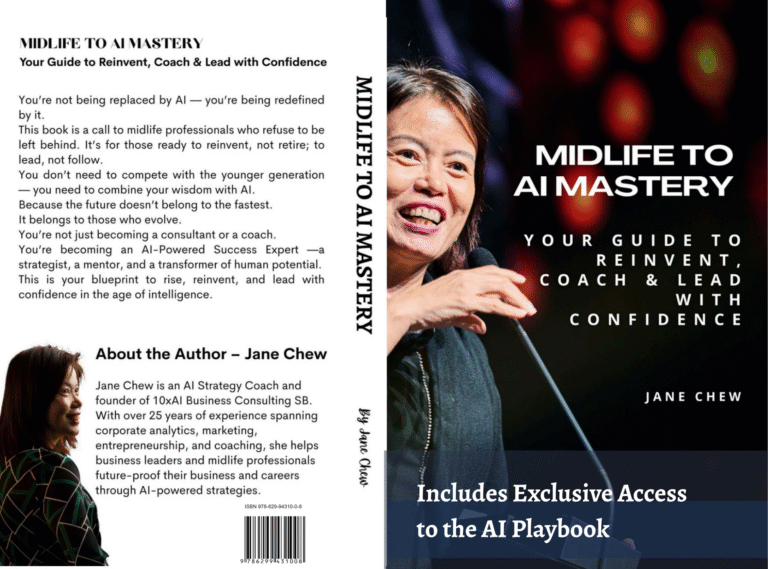Welcome to the new virtual whiteboard series presented by the Virtual Strategists. I am Jane Chew, founder of ThriveX.”. We are excited to have you join us on this exhilarating journey focused on AI strategy. This series is designed to provide you with all the necessary tools to build and implement a tailored AI strategy for your organization. The importance of this topic has never been more pronounced; AI is reshaping businesses and organizations worldwide, and we are passionate about its transformative potential. AI is more than just a buzzword; it is a revolutionary force capable of enhancing the impact organizations have on their communities and within their own operations. In this session, we will explore the definition of an AI strategy and offer insights on how to develop one for your organization.
Understanding AI Strategy
So, what precisely is an AI strategy? At its essence, an AI strategy is a structured approach to integrating artificial intelligence—encompassing generative AI, automation, and machine learning—into an organization’s operations. A successful AI strategy serves as a roadmap that enables organizations to seize their most significant opportunities. Currently, many organizations are struggling with the vast possibilities of AI, which can lead to confusion regarding focus and direction. This framework is crafted to provide clarity and organization amidst that chaos.
Who Should Be Involved in Crafting an AI Strategy?
Creating an AI strategy requires collaboration from various stakeholders. Your executive team should take the lead, as they will set the guiding principles for the responsible deployment of AI within your organization. Individual staff members also possess valuable insights related to potential improvements in processes and operations, and their input should be included in this conversation. Furthermore, it is imperative that your IT team participates in the strategy development process, along with your legal team to address compliance and governance matters. Incorporating external expertise, such as AI specialists and strategic facilitators, can offer critical insights and expedite the transition from ideas to execution. Engaging a facilitator can help guide your organization through the essential behavioral shifts needed for successful AI integration.
The Framework for Your AI Strategy
Now, let’s discuss the framework that will aid you in creating your AI strategy and roadmap. Here is a checklist of essential components to include in your strategy: 1. **Core Purpose and Vision**: Your AI strategy should be aligned with the core purpose of your organization and integrate with your overarching vision. Remember, AI is an enabler and an accelerator; it is a means to achieve your goals, not an end in itself. 2. **AI Governance**: Establishing a governance framework for AI is vital, as it outlines the principles that govern the responsible use of AI technologies. This framework addresses concerns regarding job security and fosters an inclusive dialogue about AI within your organization. Employees must feel they are part of the conversation regarding AI integration. 3. **Opportunity Identification**: As you develop your strategy, consider two key themes: – **Productivity**: Begin with practical AI applications that focus on task optimization, automation, and improving workflows. This is where most organizations typically start. – **Growth**: Identify transformative opportunities that alter how value is delivered to customers and stakeholders. This phase is about leveraging AI for innovation and expansion. 4. **Organizational Enablement**: Change management is critical to successful AI integration. Your workforce should be supported through reskilling and, if necessary, restructuring initiatives. This organizational enablement prepares your team for the changes that AI will bring. It is important to understand that an AI strategy does not need to be implemented in its entirety at once; you can start by addressing one component and gradually address the additional elements as needed.
Resources and Next Steps
To assist you in implementing this framework, we provide strategy consultation. Please feel free to reach out. We are eager to hear about your organization’s progress with its AI strategy.
Conclusion
As we conclude this session, we encourage you to embrace the transformative journey that AI presents. By implementing a structured AI strategy, your organization can navigate the complexities of AI and unlock its full potential. We look forward to supporting you in your mission to enhance the positive impacts that AI can deliver to your organization. Happy strategizing!
“`






